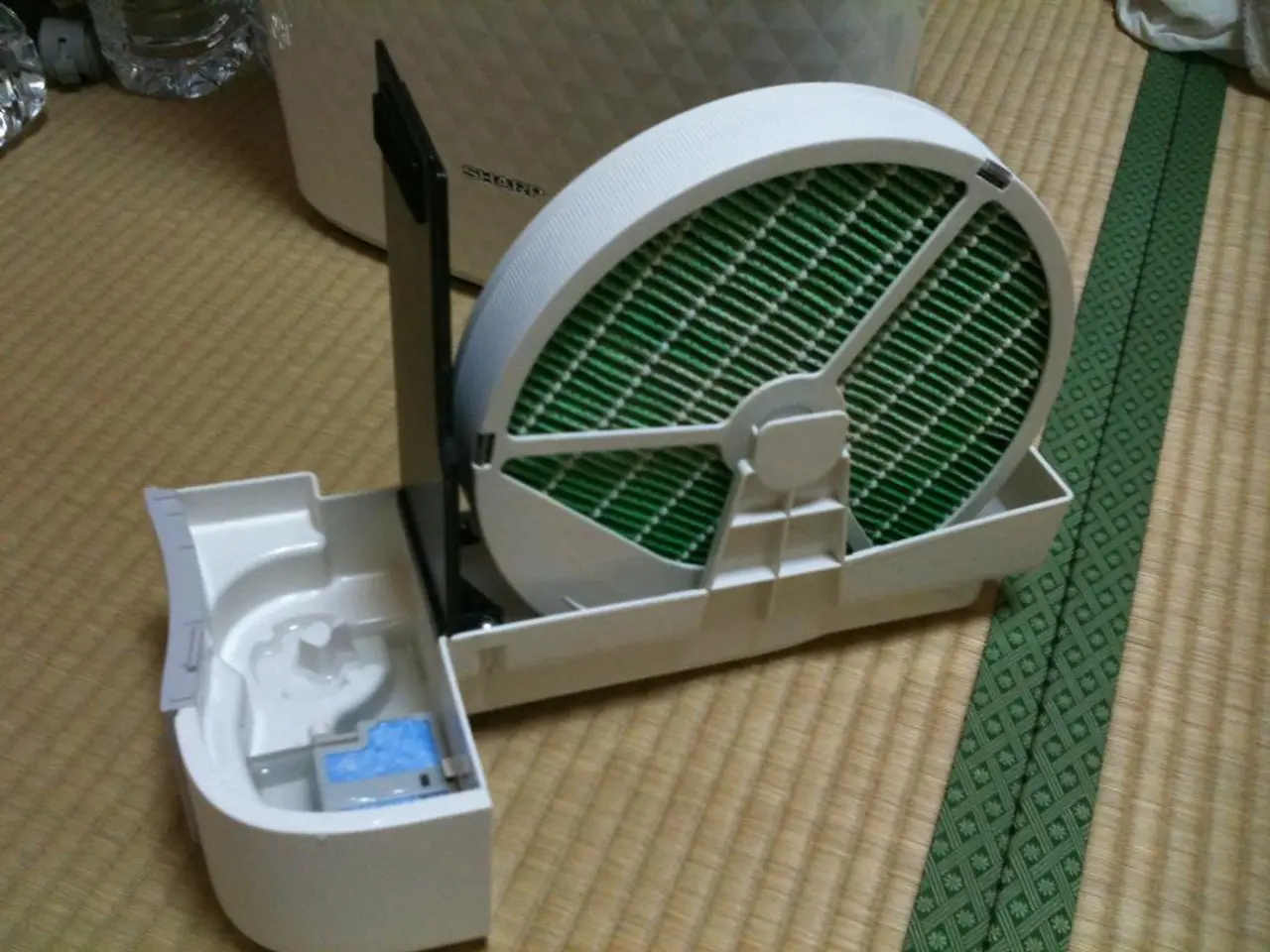Austrian Consortium Develops Revolutionary 3D Cancer Drug Test System
An Austrian research consortium has developed a groundbreaking bioanalytical test system for radiopharmaceutical drug candidates in cancer diagnosis and therapy. The Spheriograph project, funded by the Austrian Research Promotion Agency (FFG), utilises silk fibroin for its radiation stability and proven cell culture application.
The innovative method, published in the prestigious Journal of Nuclear Medicine, aligns with the 3R principle and the FDA's Critical Path Initiative, eliminating the need for animal testing. It enables automated, fast, and highly precise analyses.
The heart of the system is a stationary phase made of biocompatible silk fibroin sponges that maintain human cells in a three-dimensional culture. This combines chromatographic principles with a dynamic 3D cell culture using human cells on a silk matrix, allowing parallel evaluation of radiotracer binding and cellular biochemical processes using imaging methods.
The Austrian consortium, led by the University of Vienna and comprising MedUni Wien, Technikum Wien, and DOC Medikus GmbH, has successfully developed an innovative 3D cell culture system for preclinical evaluation of radioactive marker substances. Assoc. Prof. Mag. Dr. Verena Pichler is the contact for scientific information on this significant advancement in cancer diagnosis and therapy.
Read also:
- Hospital's Enhancement of Outpatient Services Alleviates Emergency Department Strain
- Increased Chikungunya infections in UK travelers prompt mosquito bite caution
- Kazakhstan's Deputy Prime Minister holds discussions on the prevailing circumstances in Almaty
- In the state, Kaiser Permanente boasts the top-ranked health insurance program






